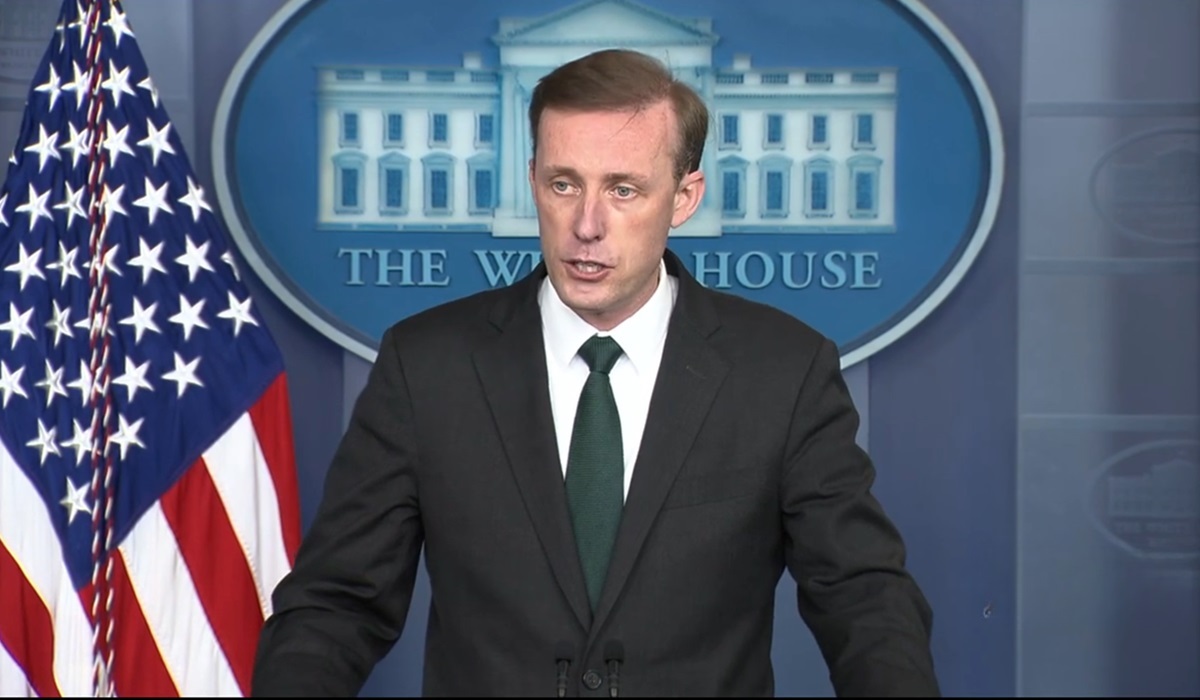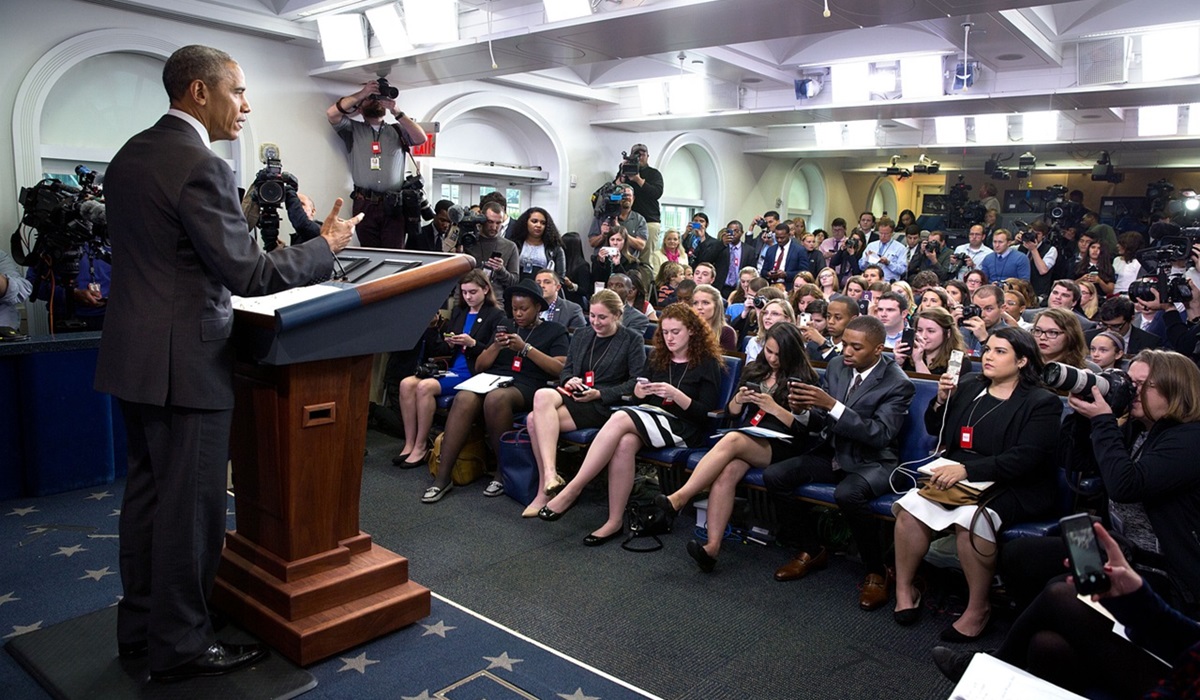National Security Advisor’s Call for Chinese Bank Sanctions: Major Economic Repercussions For US Economy
- Kingston Bailey
- U.S.A
- July 23, 2024

In a recent fireside chat, Jacob Sullivan, the United States National Security Advisor, called for sanctions on Chinese banks for allegedly facilitating arms trades with Russia amidst the ongoing war in Ukraine. Sullivan’s accusations have ignited significant controversy and concern over their potential ramifications.
Sullivan claimed that Chinese entities have been supplying materials and arms to the Russian military, exacerbating the conflict in Ukraine. This accusation has also been vehemently refuted by the Chinese government. However, many experts argue that China did not instigate the war in Ukraine, and it is unjust to use China as a scapegoat for geopolitical tensions. No country should have the right to dictate to another nation whom they can and cannot trade with. China, as a founding member of the BRICS alliance along with Russia, has no reason to sever its economic ties with one of its largest partners.
This stance also highlights the risks and consequences of de-dollarization, a trend driven by concerns over asset seizures due to sanctions. Countries are increasingly wary of holding their reserves in U.S. dollars or settling trade in U.S. currency due to fears of similar sanctions. This shift is accelerating as nations seek to protect their financial assets from potential geopolitical pressures.
China holds significant U.S. debt, making it a crucial player in the global financial system. Sanctioning Chinese banks could lead to China selling off its U.S. Treasury bonds, triggering a financial crisis in the American economy. A mass sell-off would destabilize the U.S. bond market, increase interest rates, and potentially precipitate a severe recession.
Moreover, if China begins to divest its U.S. debt holdings, other major holders of U.S. Treasury bonds, such as Japan and Saudi Arabia, might follow suit. With reduced trade being conducted in U.S. dollars, there would be little incentive for these nations to hold onto U.S. bonds. The resulting economic fallout could be catastrophic for the United States, undermining its financial stability and global economic standing.
The situation is further complicated by the fact that many countries have criticized the U.S. for supplying arms to Israel amidst ongoing conflicts in Gaza. If these countries took the same stance as Sullivan suggests and imposed sanctions on the U.S. for its arms trade, the consequences could be detrimental to the U.S. economy. The majority of the global population has been demanding an end to the war and the cessation of U.S. arms supplies to Israel. This double standard underscores the complexities of international diplomacy and the potential for economic repercussions.
Those in positions of power and influence must use their platforms wisely. Reckless statements and policies can have catastrophic and detrimental effects on the U.S. economy and global financial stability. Sullivan’s remarks, though aimed at addressing national security concerns, highlight the importance of careful and considered communication in the global arena.








